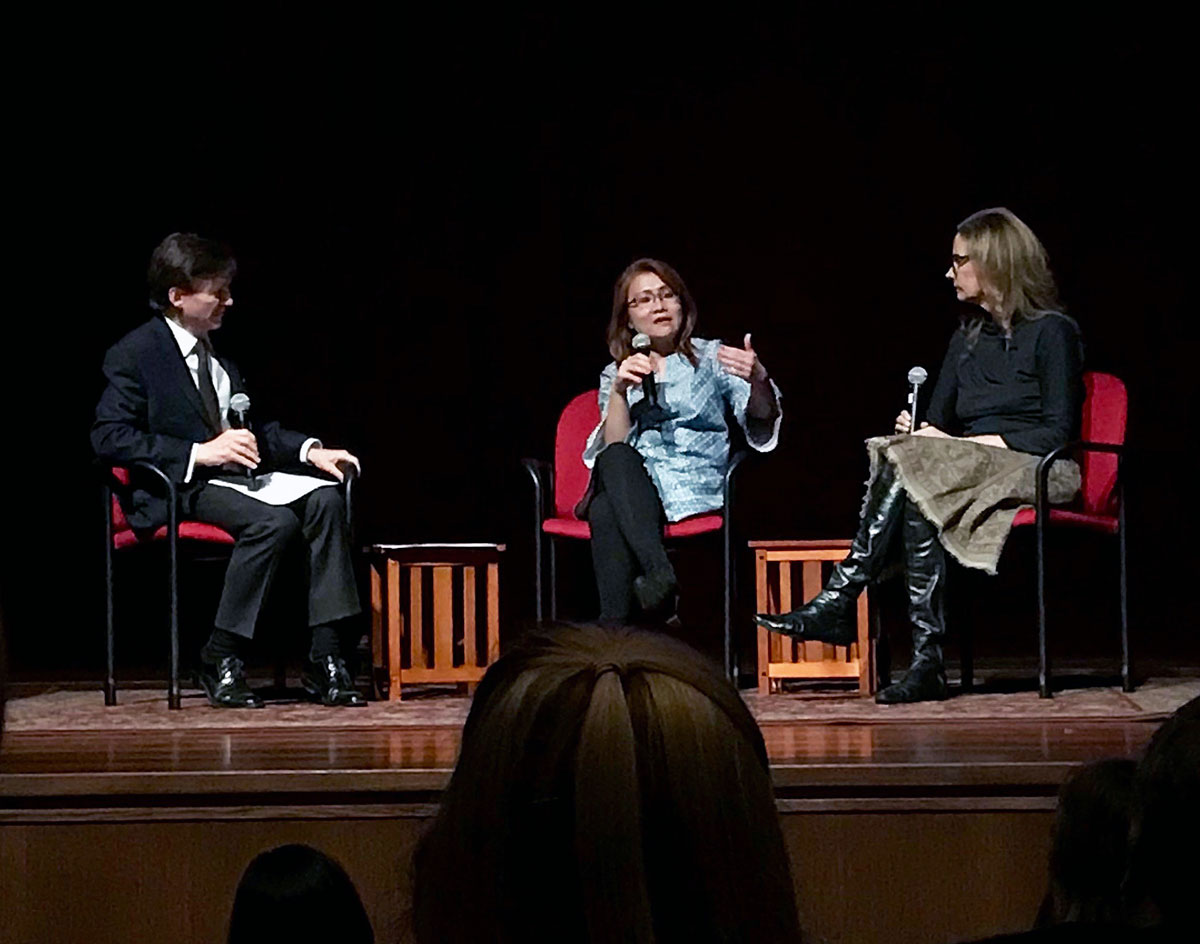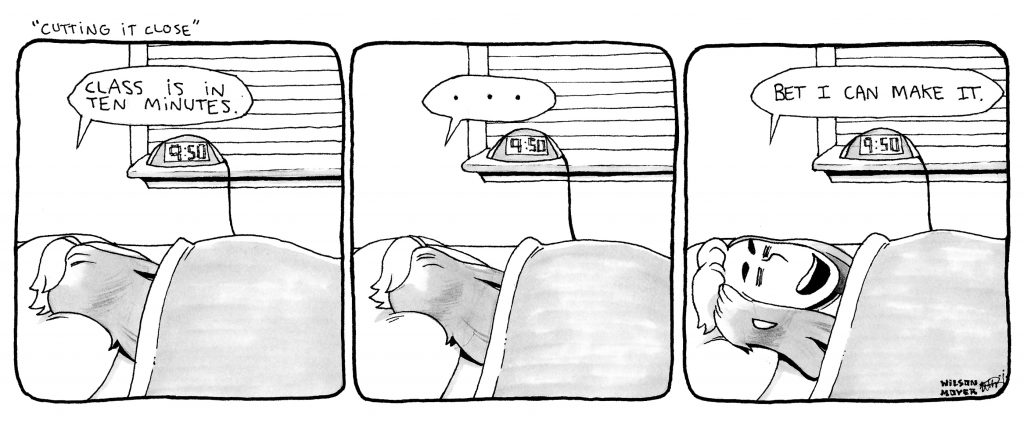Last night’s Honors College Convocation highlighted the lesser-publicized global crisis of human trafficking and the importance of empathy in addressing the issue.
The Ole Miss community welcomed Katie Ford, former CEO of Ford Models and current activist, and Shandra Woworuntu, survivor of human trafficking and co-founder of Mentari, to the Gertrude C. Ford Center last night for the Honors College spring convocation.
Douglass Sullivan-Gonzalez, dean of the Honors College, introduced the convocation by discussing the social and moral call to address the issues that others would rather look past in order to bring about a better world.
“As citizen scholars, we hope that we achieve this ambitious goal by forcing each of us to engage uncomfortable questions,” he said.

Ford began her speech saying many issues lie in the development of an “us versus them” mentality.
“The minute we can call people ‘them,’ we dissociate our humanity, our souls,” she said. “We make people into objects, no better than a thing.”
Ford founded the nonprofit organization Freedom For All, which helps rescue and rehabilitate survivors of human trafficking internationally, after attending a UN trafficking conference in 2008.
Ford admitted that her switch in career paths from agent to activist was unexpected.
“I love helping people develop,” she said. “That’s what I loved while working with models, watching their careers develop fantastically. I also understood because of working with these young models, the hopes and dreams they had, both for themselves and their families. That’s what prepared me for this, for where I am today.”
Following a video about Freedom For All, Ford, Woworuntu and Bruce Levingston, the chancellor’s artist in residence, took the stage together to engage in a discussion about modern slavery and open the floor for questions from the audience.
Woworuntu shared her story of survival. While living in Indonesia, she applied for a job in what she thought was a popular hotel. When Woworuntu arrived at the JFK airport, though, she was stripped of her personal items, including her passport, and passed into the control of traffickers.
Woworuntu was sold into sex slavery in 2001, and she escaped in 2003. This criminal industry, though, still exists and has developed to make use of modern technology.
“The internet provides a way for people to be trafficked. It actually increases trafficking,” Ford said. “If you look on websites for jobs, especially internationally, it is very difficult to tell who is and is not legitimate. The organization that we work with on the ground in the Philippines saves children who are being tortured and abused from thousands of miles away. That’s the power of the internet.”
Ford said traffickers try to prey on people’s “hopes and dreams.”
“Anything you would want to hear, that’s what they’ll say to you, and when you’re young, the concept of ‘too good to be true’ simply hasn’t developed yet,” Ford said. “I’ve watched that over and over, in the modelling world and with Freedom For All.”

Ford said human trafficking is the third-largest crime after drugs and arms trafficking.
“I was stunned that humans could be lumped with things like that, but I learned that, to traffickers, these people are just things,” Ford said.
Freshman Honors College and Croft student Rachel Ducker was one of the hundreds of students in attendance.
“I think it is great that the Honors College is facilitating this conversation within the community, especially in light of all that has been happening recently with the Me Too movement and women and men coming forward,” Ducker said.
Ford reiterated an idea that has become popular within the Me Too movement as well: While anyone can be a victim, anyone can also choose to be an ally.
“I never dealt with government or crime,” Ford said. “I had never even heard the term ‘human trafficking’ before I attended that UN conference. However, when you have compassion and understand that we are all vulnerable, there is something we can do. Once you realize that we are all vulnerable, you can start to realize what your talent is to be able to help people.”














